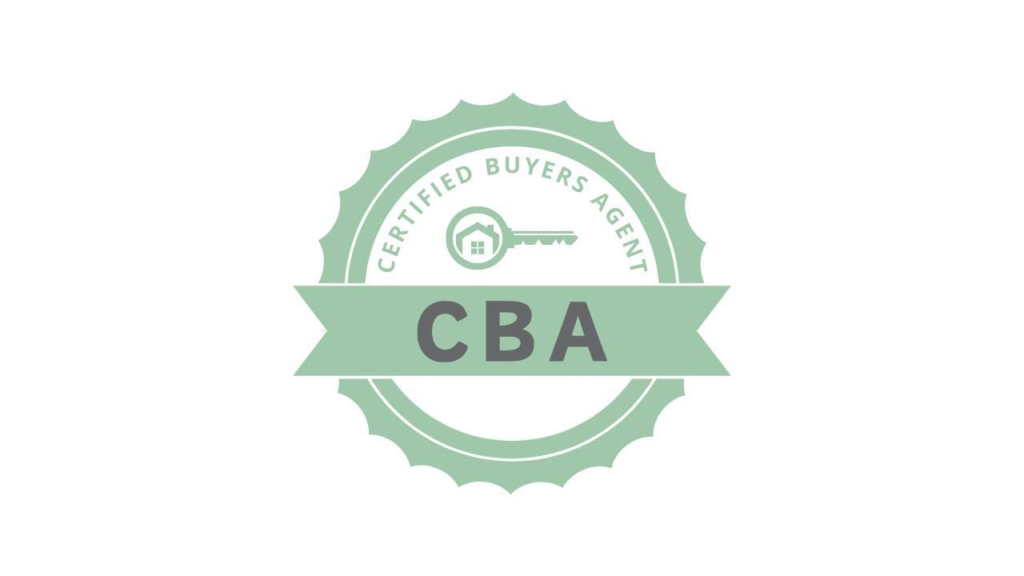Your Essential Guide to Compliance, Quality, and Trust in International Trade

In today’s hyper-competitive global market, certifications are no longer just nice-to-haves—they are critical to accessing new markets, ensuring product compliance, and gaining client trust. For sourcing agents, having a solid understanding of global certifications is essential when managing supply chains, negotiating with suppliers, or sourcing products for importers in regulated markets like the EU or the U.S.
This blog explores the most important global certifications every sourcing agent should know, categorized by industry, function, and geography. Whether you’re sourcing electronics from China or organic cotton from India, these certifications can make or break your client’s entry into international markets.
🧭 Why Global Certifications Matter in Sourcing
For sourcing agents, certifications signal three key things:
- Compliance – Products meet regulatory standards in the destination market.
- Quality Assurance – There is a formal system of checks and balances in the production process.
- Trust – Certified suppliers are often more transparent, which builds buyer confidence.
🚨 Failing to understand or check for these certifications can lead to costly product rejections, border seizures, or damaged brand reputation.
📦 Top Product Certifications (Industry-Wide)
1. ISO (International Organization for Standardization)
Common types for sourcing agents:
- ISO 9001: Quality Management
- ISO 14001: Environmental Management
- ISO 45001: Occupational Health & Safety
Agents sourcing machinery, electronics, or bulk production must confirm whether the supplier holds ISO certifications to prove quality systems are in place.
2. CE Marking (Europe)
Indicates conformity with EU health, safety, and environmental protection standards.
✅ Required for:
- Electronics
- Toys
- Medical devices
- Construction products
📍 Useful when sourcing for EU importers.
3. FCC (Federal Communications Commission – USA)
Applies to:
- Wireless devices
- Mobile accessories
- Bluetooth tech
📍 Any electrical product imported into the U.S. must comply with FCC standards.
4. RoHS (Restriction of Hazardous Substances – EU)
Applicable for electronics and electrical equipment.
✔️ Ensures products are free from hazardous materials like lead, cadmium, or mercury.
🌱 Ethical and Environmental Certifications
5. FSC (Forest Stewardship Council)
Ensures wood and paper products come from responsibly managed forests.
📍 Important for sourcing:
- Furniture
- Packaging
- Stationery
6. GOTS (Global Organic Textile Standard)
Applies to textiles made from organic fibers.
💡 Ideal for sourcing:
- Organic clothing
- Baby wear
- Towels and linens
7. Fair Trade Certification
Focuses on fair wages, safe working conditions, and sustainable production.
🏷️ Common in:
- Coffee, chocolate, spices
- Cotton, apparel, handicrafts
🏭 Manufacturing Facility Certifications
8. BSCI (Business Social Compliance Initiative)
Verifies social responsibility and ethical practices in factories.
✅ Look for this when sourcing from:
- Bangladesh
- China
- Vietnam
9. Sedex (Supplier Ethical Data Exchange)
Similar to BSCI but used in more Western countries like the UK, U.S., and Australia. It assesses labor rights, health & safety, and the environment.
10. WRAP (Worldwide Responsible Accredited Production)
Focuses on legal, humane, and ethical manufacturing globally, especially in apparel and footwear.
📍 Ideal for sourcing clothing and accessories.
🛠️ Product-Specific Certifications
11. UL (Underwriters Laboratories – USA)
Used for product safety testing in electronics, batteries, and home appliances.
📍 Required for U.S. retailers and e-commerce platforms like Amazon.
12. Halal & Kosher Certifications
Important for food, cosmetics, and pharmaceuticals:
- Halal: Conforms to Islamic dietary guidelines
- Kosher: Conforms to Jewish dietary standards
🔗 JAKIM Halal Certification (Malaysia)
🔗 Kosher Certification Services
13. FDA (U.S. Food & Drug Administration)
Applicable for:
- Food and beverages
- Cosmetics
- Medical equipment
📍 Required for import into the U.S.
🌐 Regional Certifications Agents Should Know
| Region | Certification | Use Case |
|---|---|---|
| Europe | CE, RoHS, REACH | Safety and environment for electronics |
| USA | FCC, UL, FDA | Electronics, health, and food |
| Asia | CCC (China Compulsory) | Required for electronics in China |
| Middle East | G Mark (GCC Standard) | Electrical safety in Gulf countries |
| Australia/NZ | RCM Mark | Compliance for electrical goods |
🧠 How Sourcing Agents Use Certification Knowledge to Win Clients
✅ Trust Builder: Demonstrating knowledge of these certifications shows professionalism.
✅ Pre-Qualification: Agents can disqualify unreliable factories early.
✅ Faster Market Entry: Understanding required certifications prevents delays.
✅ Negotiation Leverage: Agents can demand lower prices from uncertified factories that require more QC steps.
✋ Common Pitfalls to Avoid
- Assuming all factories are certified—Always verify with documentation.
- Overlooking re-certification dates—Expired certifications can lead to customs seizures.
- **Not aligning certification with the end market—A product certified in China might not be valid in the EU or U.S.
💼 Final Takeaway
Understanding and leveraging global certifications is essential for any sourcing agent working across borders. Certifications do more than ensure compliance—they add trust, streamline shipping, and open the door to larger clients with strict requirements.
👉 Want help sourcing certified products across Asia?
Partner with ProductSourcing-Agent.com for trusted sourcing solutions, factory audits, and certification checks in China, India, Vietnam, Malaysia, Indonesia, and more.